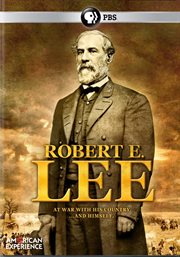Review by Publisher's Weekly Review
A University of Virginia history professor examines the shifting loyalties of three Confederate generals in this lecture-based tome. Gallagher (The Union War) writes in crisp, academic prose of the dynamic allegiances of Robert E. Lee, Stephen Dodson Ramseur (only 27 when he was killed in battle), and Jubal Early as they went from being American citizens to prominent Rebel belligerents. The author explodes the idea that Lee's primary loyalty was to Virginia by citing his "stalwart nationalist stance," which "departed radically from state rights advocates," and he quashes the misconception that Lee nobly surrendered without anger. Ramseur was similarly onboard with secessionist ideologies, whereas Early harbored misgivings about whether "resisting the government instituted by our forefathers" was truly the right path. While Gallagher's examinations of this trio of men are interesting enough, it is the broader argument for which they serve as a base that is the true value of the book: namely, that the Civil War was not a conflict between regional entities (i.e., North vs. South), but rather between fleshed-out nations-"the United States versus the Confederacy." He even goes so far as to provocatively argue that a "southern nation existed before Lincoln" and the official secession movement. An excellent addition to Civil War scholarship. (May) (c) Copyright PWxyz, LLC. All rights reserved.
(c) Copyright PWxyz, LLC. All rights reserved

